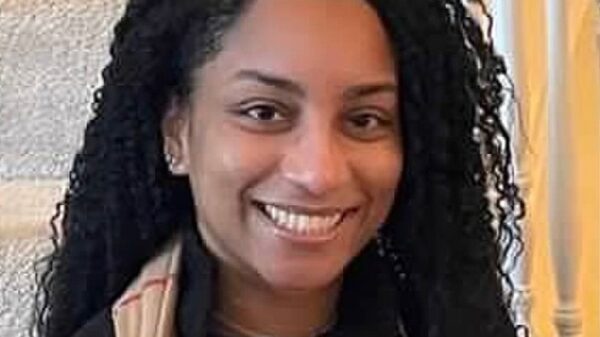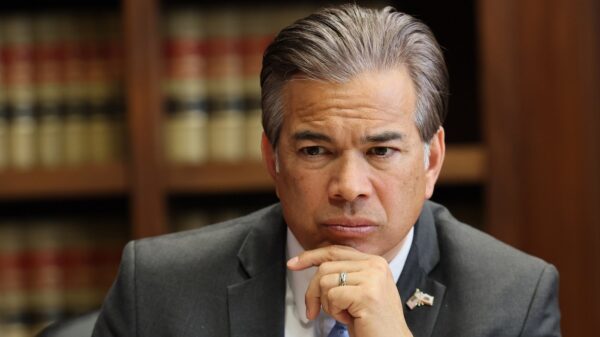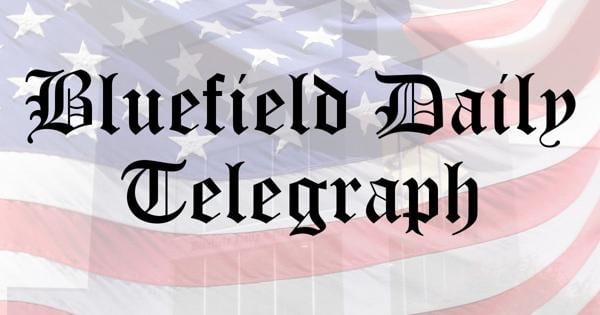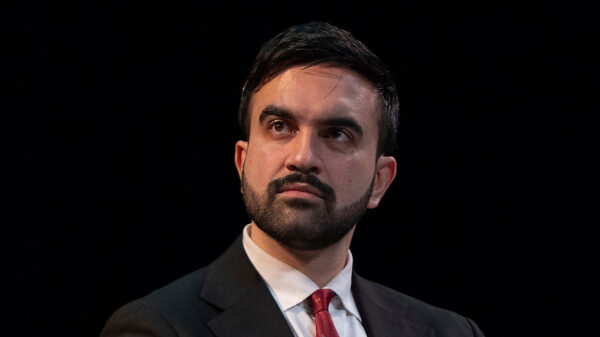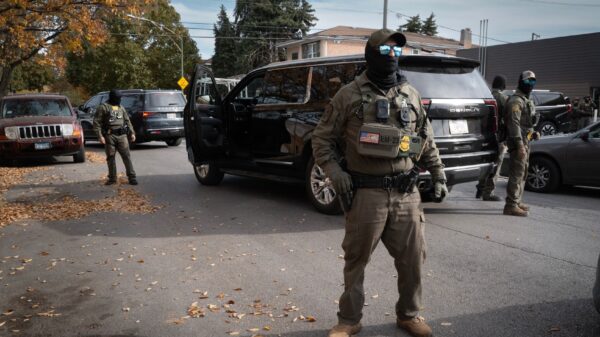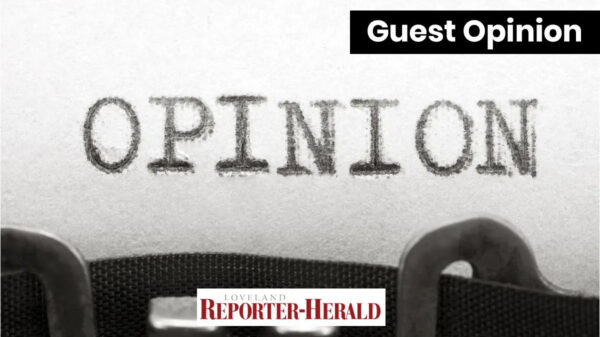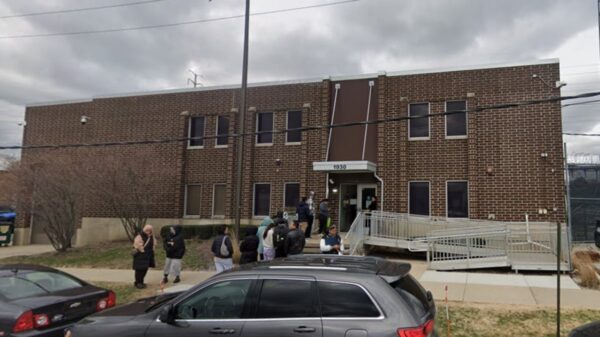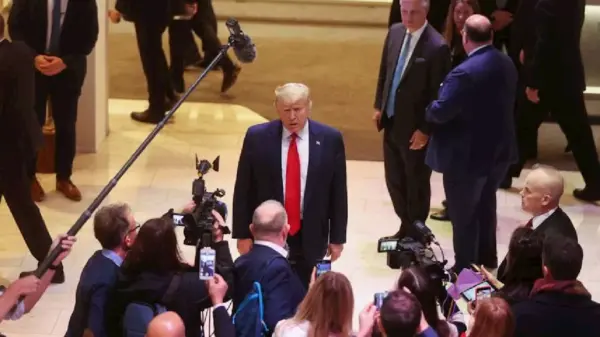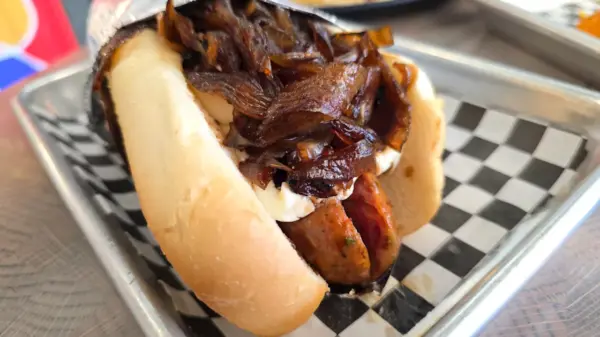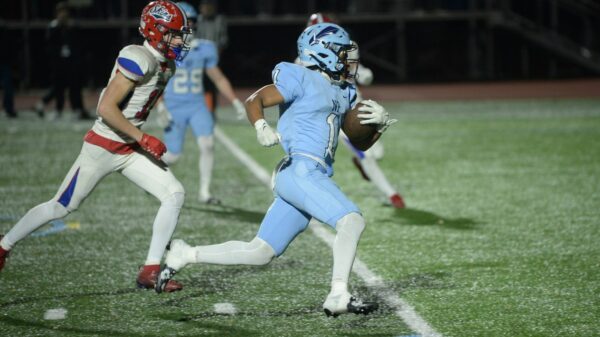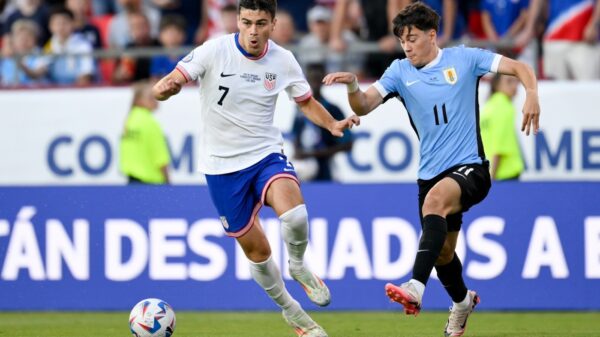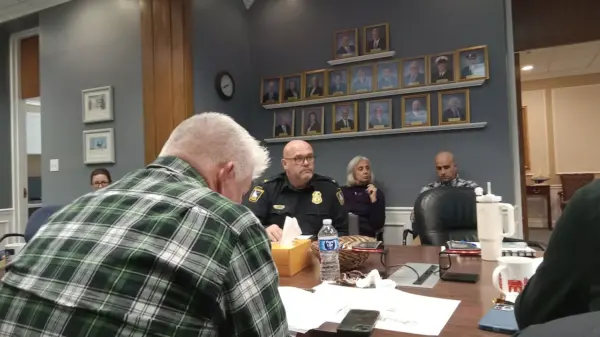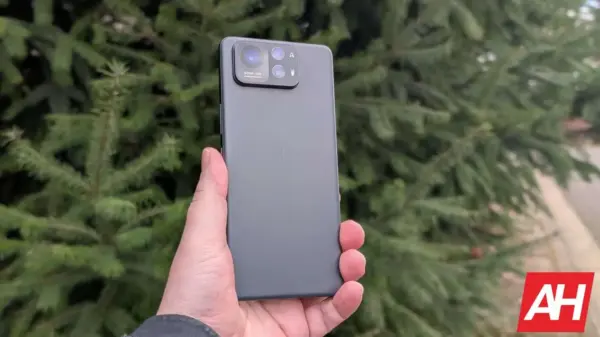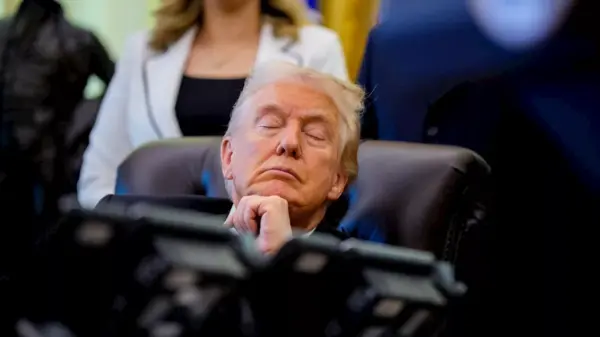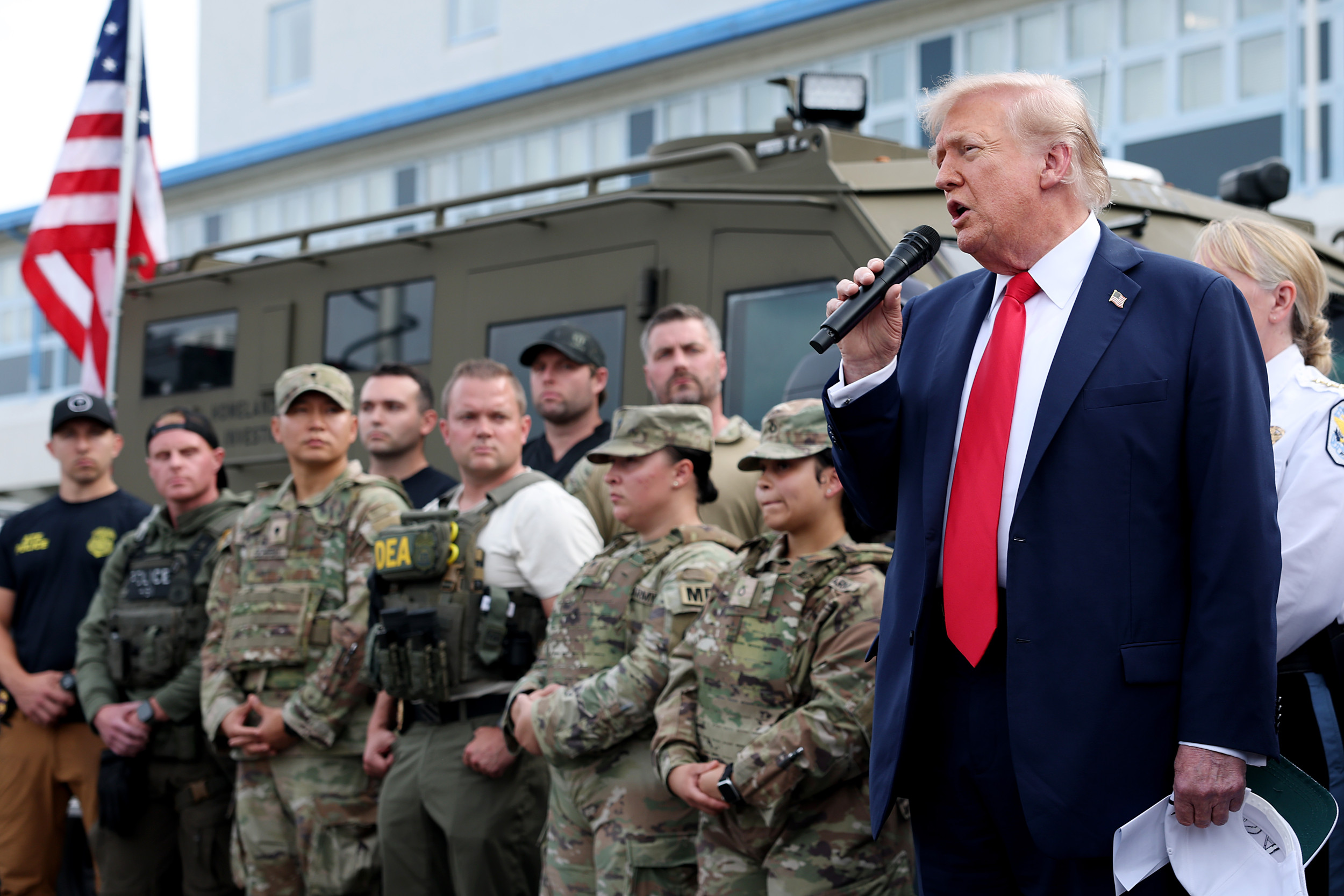UPDATE: President Donald Trump has ignited a firestorm of criticism following his assertion that the National Guard is necessary to manage “roving mobs of wild youth.” This statement, made during a visit to the U.S. Park Police Anacostia Operations Facility on August 21, 2025, is being condemned for undermining decades of progress in juvenile justice across major U.S. cities including Washington D.C., Chicago, and Los Angeles.
Critics argue that this rhetoric not only puts young people at risk but also revives harmful narratives reminiscent of the 1990s’ “super-predator” language, which disproportionately targeted youth in communities of color. U.S. attorney for D.C., Jeanine Pirro, is advocating for legislative changes to prosecute juveniles in adult courts, raising alarms about the long-term implications for youth justice.
As the nation grapples with a troubling rise in militarization of law enforcement, the impact on already vulnerable communities is significant. Experts warn that such policies, grounded in fear and misinformation, will exacerbate existing issues rather than address them. “We should not look at all young people in Washington, D.C., or any American city, with militarized suspicion,” Pirro stated during a recent news conference.
Research from Strategies for Youth, a national nonprofit focused on improving interactions between law enforcement and youth, highlights a critical gap: the majority of teenagers lack essential knowledge about their rights and how to navigate police encounters. In their program, Juvenile Justice Jeopardy, over 80 percent of participants reported learning new information about their rights, underscoring the urgent need for educational initiatives rather than punitive measures.
Currently, cities such as Washington D.C. and Chicago are witnessing a decline in overall juvenile crime rates. Advocates emphasize that now is the time to invest in community safety through educational opportunities, poverty reduction, and trauma-informed training for police. Most police officers, however, still lack the necessary training to effectively interact with young people, a gap that the deployment of the National Guard will only widen.
The militarization of policing not only damages community trust but also places both officers and civilians in precarious situations. Experts warn that resorting to military solutions will hinder law enforcement’s ability to function effectively in communities they are meant to protect.
As this situation unfolds, the commitment to treating youth with dignity and respect remains paramount. “Our nation’s children deserve better,” states Geordie McClelland, board co-chair of Strategies for Youth. The call for change is clear: prioritize education and community engagement over fear-driven policies.
The implications of President Trump’s comments are profound, affecting not just the communities at stake but the very fabric of juvenile justice across the country. Citizens, policymakers, and advocates are urged to reflect on the urgency of this issue and advocate for solutions that protect the rights and futures of young people nationwide.
Stay tuned for more updates as this story develops.


